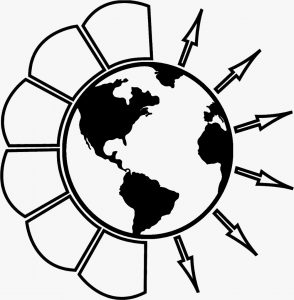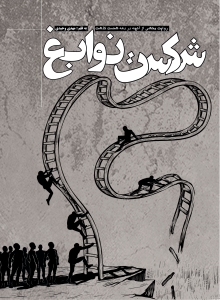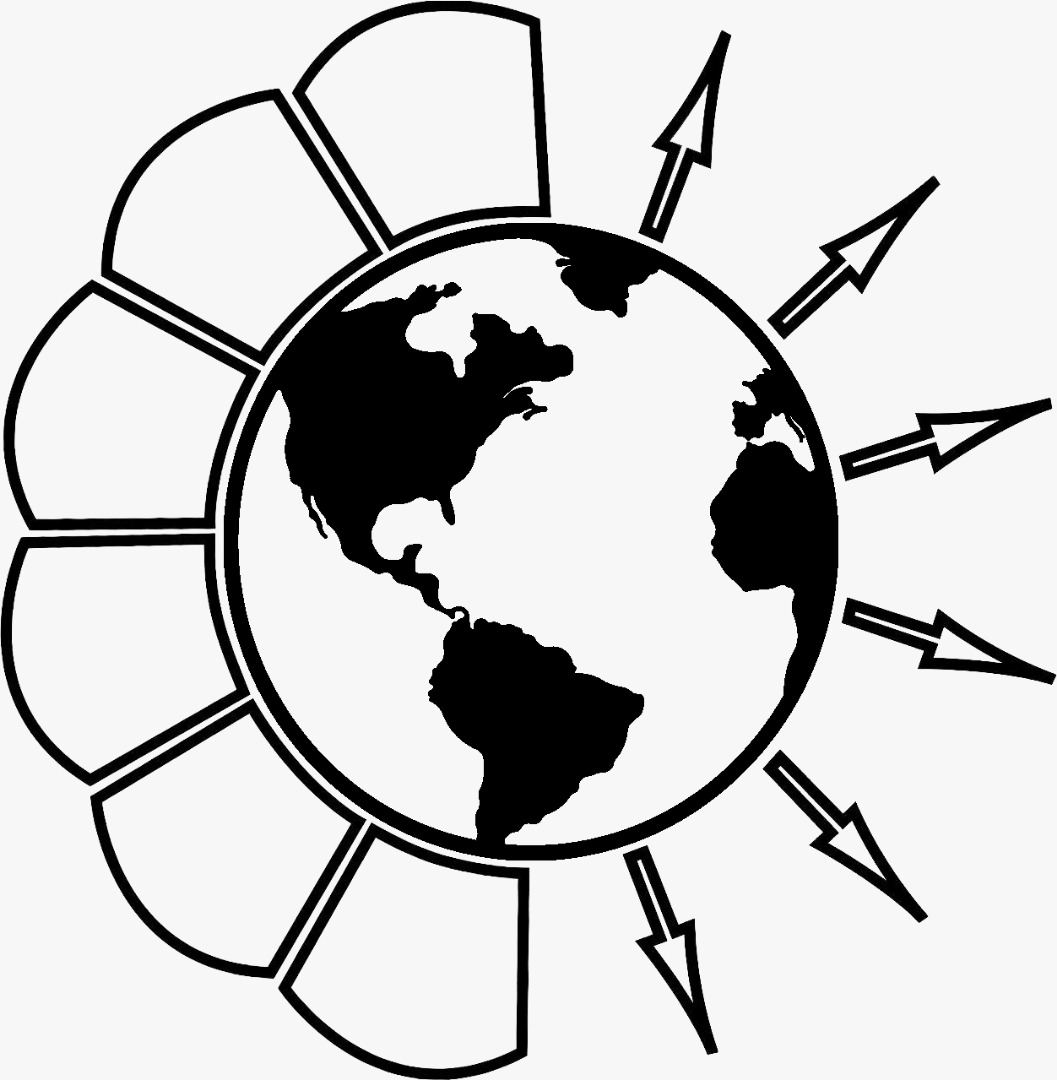Loss of the geniuses
Book Review: Loss of the Geniuses
A truthful account of a time whose reality was hidden behind childhood memories
Amid the many stories we’ve heard about Iran in the 1980s — whether wrapped in nostalgia or scattered in personal memories — Loss of the Geniuses takes a different path. This book is not merely a simple recollection of childhood; it is a smart and critical rereading of a historical-social period that has often been forgotten under the layers of oversimplification, romanticization, or unconscious purification.
The author, himself a member of that generation, takes a sharp, analytical look at the cultural, educational, and social structures of the time, offering a realistic — and at times bitter — depiction of a lost generation. Without ever naming characters, he tells of experiences that many of us have lived through, yet perhaps never examined with such precision and awareness.
The book is structured in 19 distinct yet interconnected chapters. Each chapter stands as a short, independent story, but together they form a domino-like narrative of the collapse of talent and the suppression of individuality. The title — Loss of the Geniuses — is not just poetic; it is a manifesto criticizing a system that failed to recognize the latent capacities of generations — or worse, recognized them only to restrain them.
Instead of presenting a childlike or fantastical retelling of those years, the author embarks on a mission of “enlightenment” with honesty and a controlled rage. His language is simple yet deliberate. Every word is purposefully chosen, like pieces of a puzzle, building a complete picture of a collective downfall — not merely as a tragedy, but as a social outcome.
Loss of the Geniuses can be placed alongside works such as Animal Farm or Man’s Search for Meaning — not in terms of style or form, but in its subversive and meaning-driven approach to the human condition in a harsh and unequal context. It is not just a novel, but a social critique in narrative form; a historical document, a warning for the future, and a mirror for the present.
For anyone who lived through the 1980s in Iran, or was influenced by it afterward, reading this book is essential for rediscovering the self. And for the younger generation, who know that period only through the stories of their parents, it offers an unofficial but vital lesson in both personal and collective historiography.



